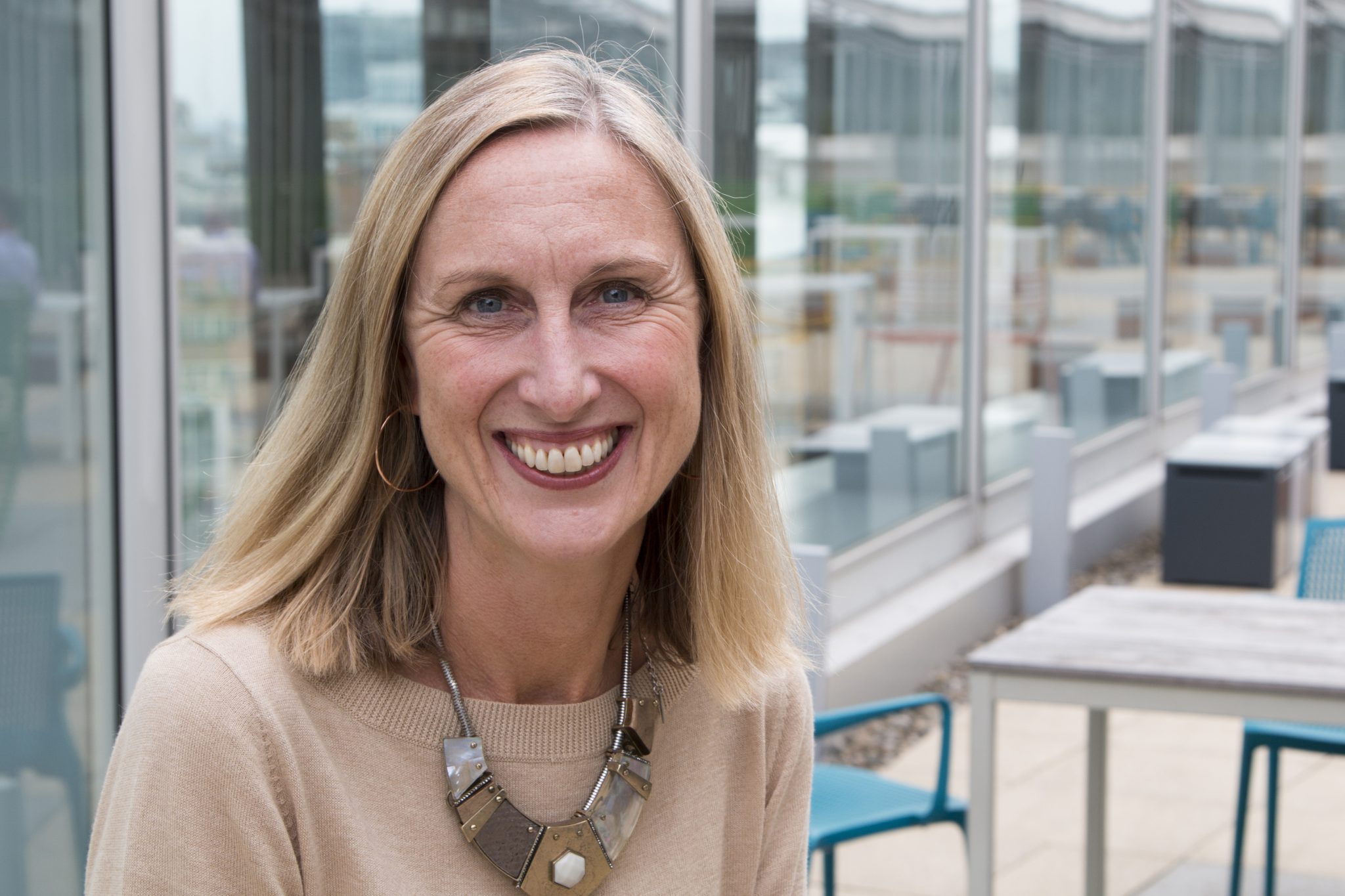A quarter of local causes in the UK fear for their survival, according to the Causes and Effect report published by the Co-op Group.
During the past 18 months, the Group has distributed more than £20m to over 12,000 local causes through its Local Community Fund, supporting everything from new Scout hut roofs to the victims of domestic abuse.
But a new survey of 1,500 of the supported organisations highlights that a quarter are either worried or very worried about the future.
“Through the survey, we wanted to gain a ‘state of the nation’ snapshot to better understand how [local causes] get their income, how they are managing the increasing demands on their services and how they feel about the future,” said Rebecca Birkbeck, director of community engagement at the Group.
“The report is clear that an overwhelming number of causes are seeing a marked increase in the demand for their services, with a significant number concerned about the future.”
Ms Birkbeck added: “Our research suggests that many of the causes we’ve been working with are already feeling the impact of local authority funding cuts. When asked about their concerns for what lies ahead more than half (56%) said they were witnessing a growing demand for their service, which isn’t being matched by increased funding or resources. 44% are concerned about rising costs and 30% have had public funding reduced.”
The survey also highlighted the increasing importance of communities working together co-operatively, with nearly 68% of those surveyed saying they would like greater support locally and 43% saying closer links with other community and charitable organisations would be helpful.
“With cut backs in local authority spending we’re seeing the need to relearn the values and skills of community based self-help that became common place in the 19th century,” said Ms Birkbeck.
“With many groups finding themselves underfunded and under-resourced, it is increasingly important that we all support the crucial work of community groups, co-ops and local charities. We believe now, more than ever, that connecting local people and causes to enable greater co-operation is the key ingredient to building stronger communities.”
The report coincides with the launch of a campaign to encourage Co-op Group members to select the local organisations they wish to support. Members receive 5% back on own-brand product purchases, while an additional 1% goes towards the Community Fund; members can then log in to their member account and choose which local cause to back. If a member doesn’t choose a cause, their 1% is shared out between their most local causes.
“The Co-op’s Local Community Fund is an example of how business can help to drive these connections and offers our 4.6 million members the chance to decide which local organisations they would like to support,” said Ms Birkbeck. “There’s £5 million just waiting to be allocated to local causes, so I would urge our members to visit our website and have their say.”

But she believes that if the Co-op Group intends to make the communities it serves ‘stronger’, there’s more that needs to be offered, “especially if we want to stay true to the co-op values that have always guided us”.
She added: “We need to get better at helping our members and their communities identify local need, build organisational capacity and co-ordinate local resources, whether that’s people or money. This can happen face to face as we build our network of Member Pioneers (passionate Co-op members who understand what makes their community tick) or through online collaboration.
“So we’re learning and developing what a Co-op response to community work should look like. But we’re in no doubt that the old values of co-operation will lead to stronger communities in the years ahead.
“It’s the local causes we’ve been helping that are proving to us the need to take our community work in a direction that recognises the need for not only cash but a radical boost to community cohesion, or the phrase we prefer to use, ‘community wellbeing’.”

